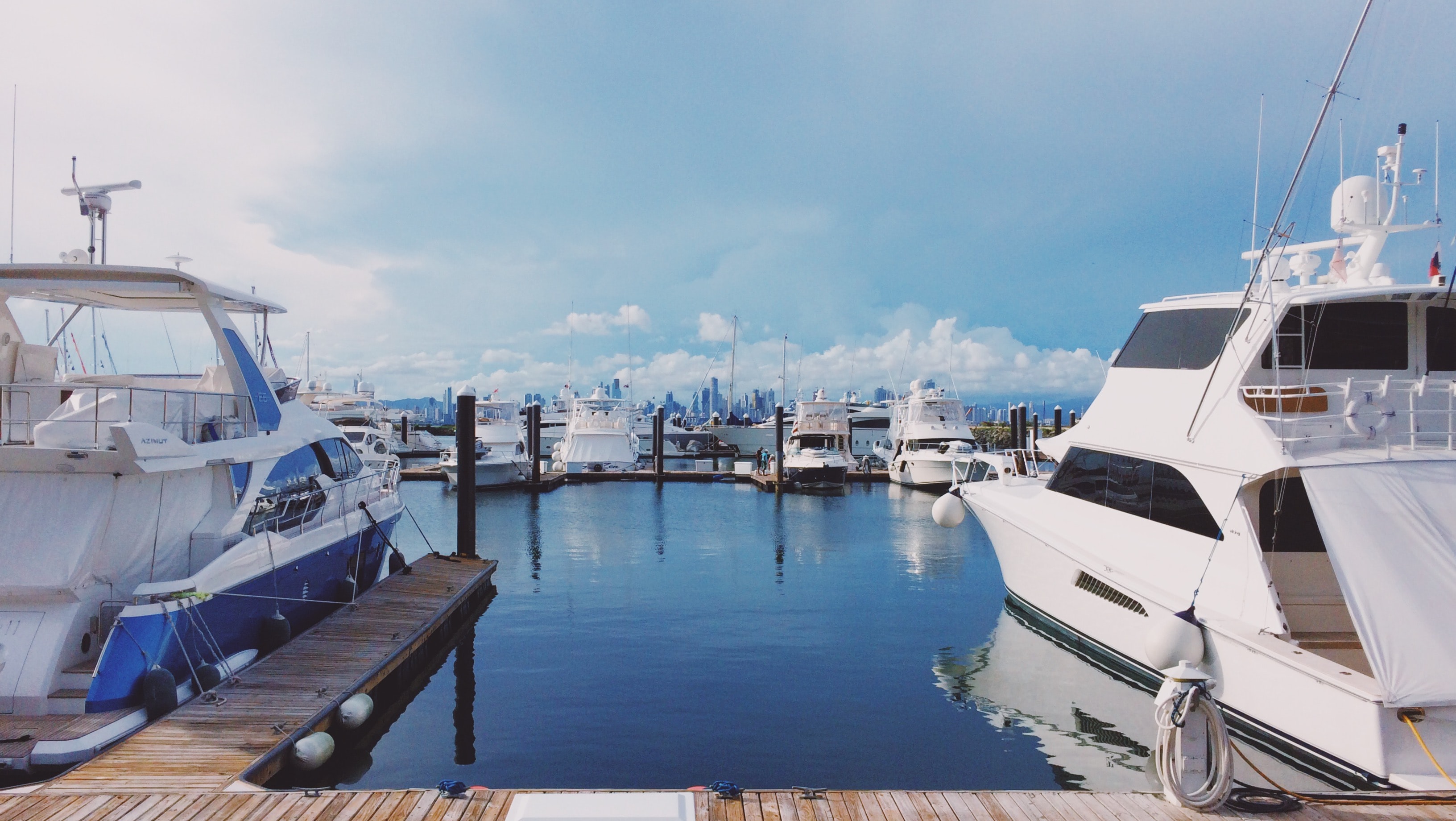The way that you operate your boat or personal watercraft can have a direct effect on its safety, dependability, and efficiency. A vessel that is properly maintained and operated will last longer in contrast to a vessel that does not receive routine care.
Here are some clean boat basics every boater should know and follow.
Boat Operation Tips
When not operated correctly, boats and personal watercraft can cause accidents, injuries to other people, and pollution. Consider the following tips to ensure your boating activities are safe.
- Take a boat safety training course to learn the fundamentals of safe boating operation.
- Observe regulatory boating zones, including “no wake” zones, “slow speed, minimum wake” zones, and maximum speed zones.
- Avoid going through shallow areas (less than 3 feet). You risk damaging the boat and harming marine life. If you are not familiar with waters closer to the shore, proceed cautiously and keep an eye on the depth sounder.
- Other than traveling to and from a port of entry or through a navigational channel, try to avoid operating your motorboat or PWC within 150 feet of swimmers, water-skiers, fishermen, and shore.
- Watch your wake near eroded banks and salt marshes. Wake striking can cause rapid and severe erosion, causing the banks to collapse.
Fueling Tips
Give thought to these considerations when fueling your boat.
- Never leave the fuel hose unattended while fueling.
- Use an oil-absorbent cloth to catch small drips, especially when you remove the nozzle from the fuel line.
- Don’t top off your tank. Remember fuel expands as it heats up, which can cause a spill.
- Install a fuel/air separator or an air whistle in the tank line to prevent spills in the tank vent.
- Add a fuel stabilizer to preserve fuel and ensure it burns efficiently.
- If you cause a spill, contact the marina staff and/or the Coast Guard immediately.
» MORE: How To Prevent Fuel Spills
Disposal Tips
Every boater generates trash and garbage, but when it’s not handled correctly, the waste can harm marine life and ruin the overall boating experience. Consider the following disposal tips:
- Don’t throw trash overboard. Always keep your trash on board and dispose of it when you return.
- Store all trash securely so it doesn’t fly away when cruising at higher speeds.
- If you need to dispose of hazardous waste (i.e., oil, absorbent pads, and solvents), follow the directions of the marina staff.
- Pay close attention to nylon fishing line. If disposed of in the water, it can entangle fish, nearby swimmers, and boat propellers.
- Collect trash that you come across, either floating in the water or on land.
Wastewater Tips
Between bilge water, marine toilets, and laundry/dishwasher machines, boats have many sources that can generate wastewater. To ensure that you manage and dispose of wastewater properly, follow the tips listed below.
Bilge Water
- Oil and gasoline are known to collect in the bilge and mix in with bilge water. Never discharge untreated bilge water into coastal waters. This will expose marine life to toxic substances.
- Regularly check fuel lines and hoses for leaks to prevent oil from entering the bilge.
- Placing an oil-absorbent pad in the bilge is a low-cost way to treat bilge water. Change the pad regularly and dispose of used pads properly.
- Consider installing a bilge oil filter or an oil/water separator in your bilge discharge line.
- Keep the engine well-maintained so you can spot oil/gas leaks easily and prevent them in general.
Boat Sewage
- Maintain your Marine Sanitation Device (MSD), keep the disinfectant tank full, and use non-toxic supplies when cleaning it.
- Have your marine toilet inspected regularly to ensure that it’s functioning properly.
- Do not dispose of oils, emulsifiers, disinfectants, and other similar products in your sanitation device.
- Opt for shoreside toilets rather than marine toilets whenever possible.
- Make a list of pump-out facilities in the areas you commonly cruise.
- Don’t discharge sewage in congested or poorly maintained areas.

